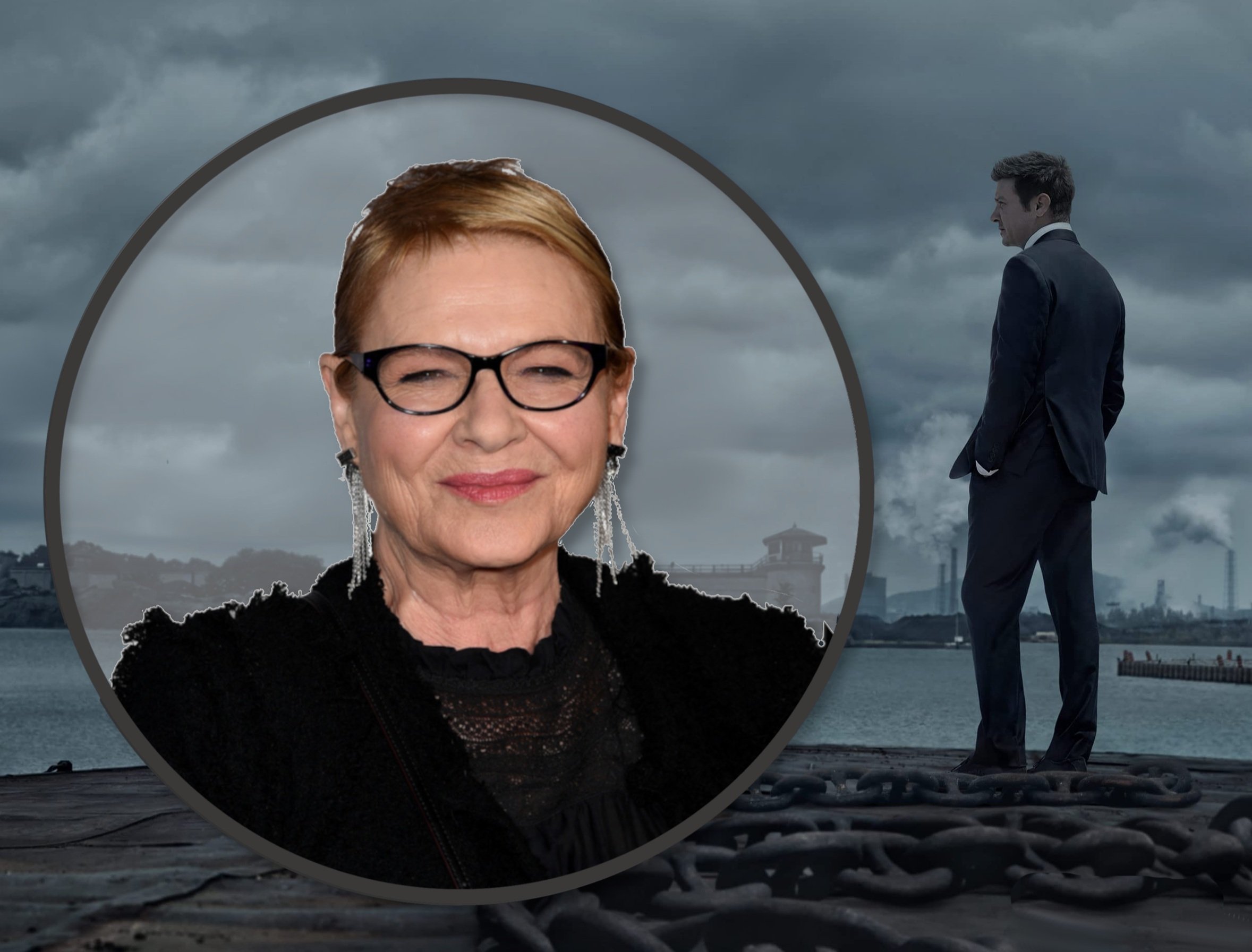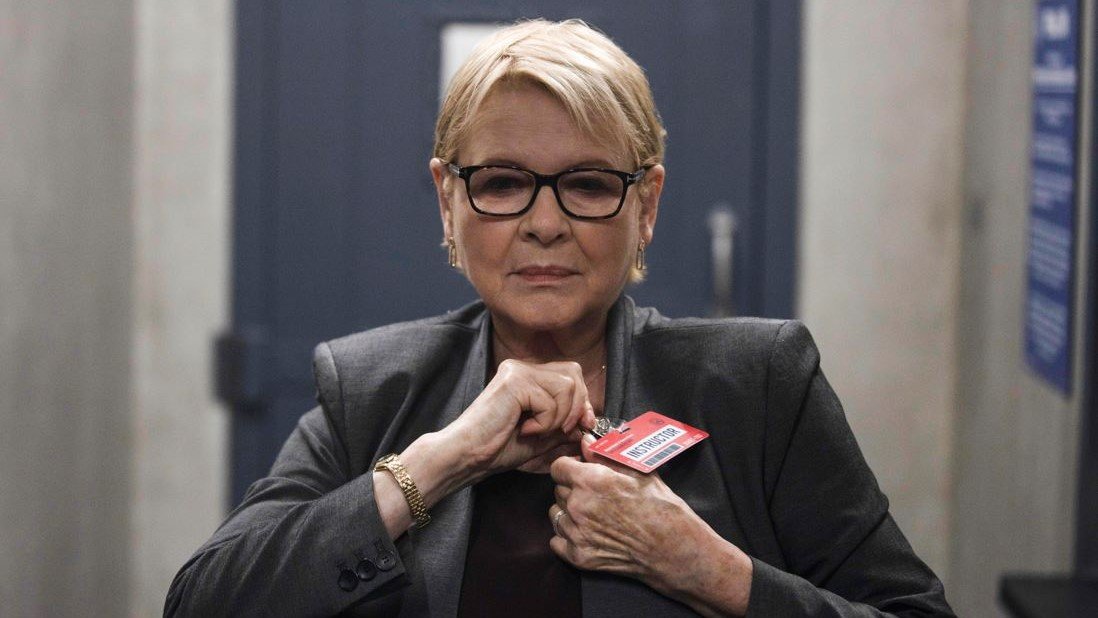Exclusive Interview: Dianne Wiest on Why Modern Television Was A Chance to Go Big
The two time Academy Award winning actor discusses 40 years of stage and screen, and how it all lead to joining ‘Mayor of Kingstown’ and the Taylor Sheridan TV Universe.
It seems to be as much of a certainty as you can garner in today’s world of entertainment. If a television show is even co-created by Taylor Sheridan, chances are, it’s going to be a hit. While Mayor of Kingstown didn’t have the same numbers as Yellowstone, it certainly helped solidify Paramount+ in the streaming service’s infancy, and solidify the relationship between that creator and that studio.
Part of the appeal of any of Sheridan’s projects is the amazing talent in front of the camera who have recognized the man’s work as some of the best storytelling in today’s overly saturated streaming market. There’s a reason Yellowstone is as massive as it is, and there’s a reason Sheridan’s shows have brought in Costner, Elliott, and Stallone. These icons, if not in the December of their historic careers, than perhaps at least late October, choose Sheridan’s work when they undoubtedly could choose any project they wish. Many of them have even discussed how difficult these shows have been, as the shooting schedule for modern television is no breeze for even the youngest at heart.
Perennial matriarch of screens big and small, Dianne Wiest recently sat with FilmSpeak to discuss why she is the latest Academy Award winner to join the Sheridan universe, in Mayor of Kingstown. The show has recently been renewed for a second season, and celebrates the release of its first season on Bluray today.
Wiest plays Miriam McLusky, in typical fashion, the matriarch of the McLusky family who are known for getting things done, solving problems and keeping the paper thin peace within the city of Kingstown, Michigan. Without the McLusky boys and their ability to balance both sides of the law, the gangs, prisons, and community of law enforcement would tear itself apart. Wiest talks about what makes Miriam so different from her other iconic mothers such as her memorable roles in Edward Scissorhands, The Lost Boys or Footloose. “It is freeing, in many ways, to [play] such an angry woman. That you don't care what people think of you.” The majority of her roles have been soft-spoken women who, while showing their own strength, aren’t known for their fortitude. Wiest apparently embraces this flip-side to a role she’s otherwise played before. “It's also it's a lot of work because that's a cover for her. It's her way of mourning the [death] of her husband.”
While you may picture Wiest in one of her iconic diminutive roles, she is one of the most well-versed and experienced actors out there, having won major awards for television, film and having a plethora of experience on the stage as well. Four decades ago she shared a stage with the great James Earl Jones and Christopher Plummer in a production of Othello. She understands the depths of larger than life characters, and how to traverse those depths to give the right levels to her performance. “You know, in a strange way I miss that dynamic of the stage when I'm working in film, or television” Wiest admits. “To compensate, and this is probably what's wrong with my acting, the crew becomes my audience. I can tell if I've done the scene well, by the quality of their silence, or by their reaction, or somebody giggles behind the camera, I think ‘I got it’. So I just, I had been kind of making up my own audience. But I really love a live audience.”
Joining a Sheridan show, Wiest knew that this was yet another opportunity to dive as deeply as she wanted, even if it meant having to reserve her performance for the format of television. In fact, parallels between Sheridan’s writing and Wiest’s experience with ‘The Bard’ are not that far fetched, especially when considering how Sheridan is known for his narratives about family, tragedy and the struggles for power. “Taylor is big in thought.” Wiest explains. “He goes to the crux of everything. It is Shakespearean because it's not an everyman situation. But every man can relate to it.”. But with that, comes a warning from Wiest that perhaps explains why she revels in the challenge of Sheridan and co-creator Hugh Dillon’s writing on the show. “As an actor, you have to be careful acting Sheridan because of his ‘bigness’. You've got to keep the subtlety there. You've got to do a subtle, incremental, step-by-step approach to it. Otherwise, it's fake”.



